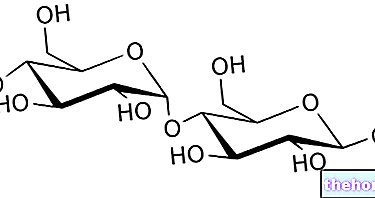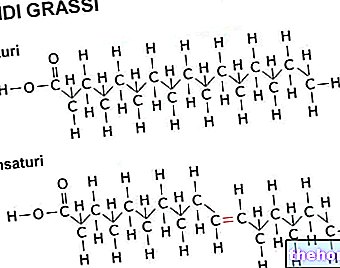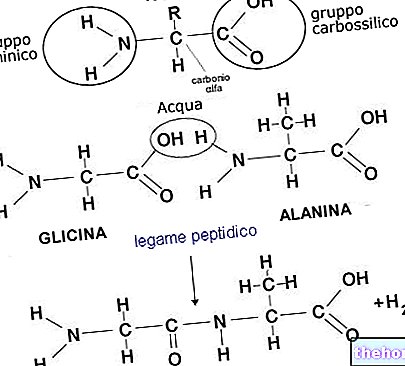The fact that calcium is the most abundant mineral in the organism makes us understand how important its functions are, classically referred to supporting the good health of bones and teeth. The functions of calcium, however, are not only important for its capacity mineralizing, but also for a "other long list of biological activities:
- Blood clotting
- Neuromuscular excitability
- Skeletal and cardiac muscle contraction
- Secretion of some hormones
- Second messenger for hormones and growth factors
- Regulation of gene transcription and metabolic activity (modulation of the activity of some enzymes)
To learn more about the functions of calcium:
Calcium and bone health
Calcium and osteoporosis
Diet and osteoporosis
Calcium in food
Absorption of calcium
Calcium-rich cheeses
Calcium and phosphorus
Calcium supplements
Calcemia
Hypercalcemia
Diet and bone fractures
Vitamin D




























